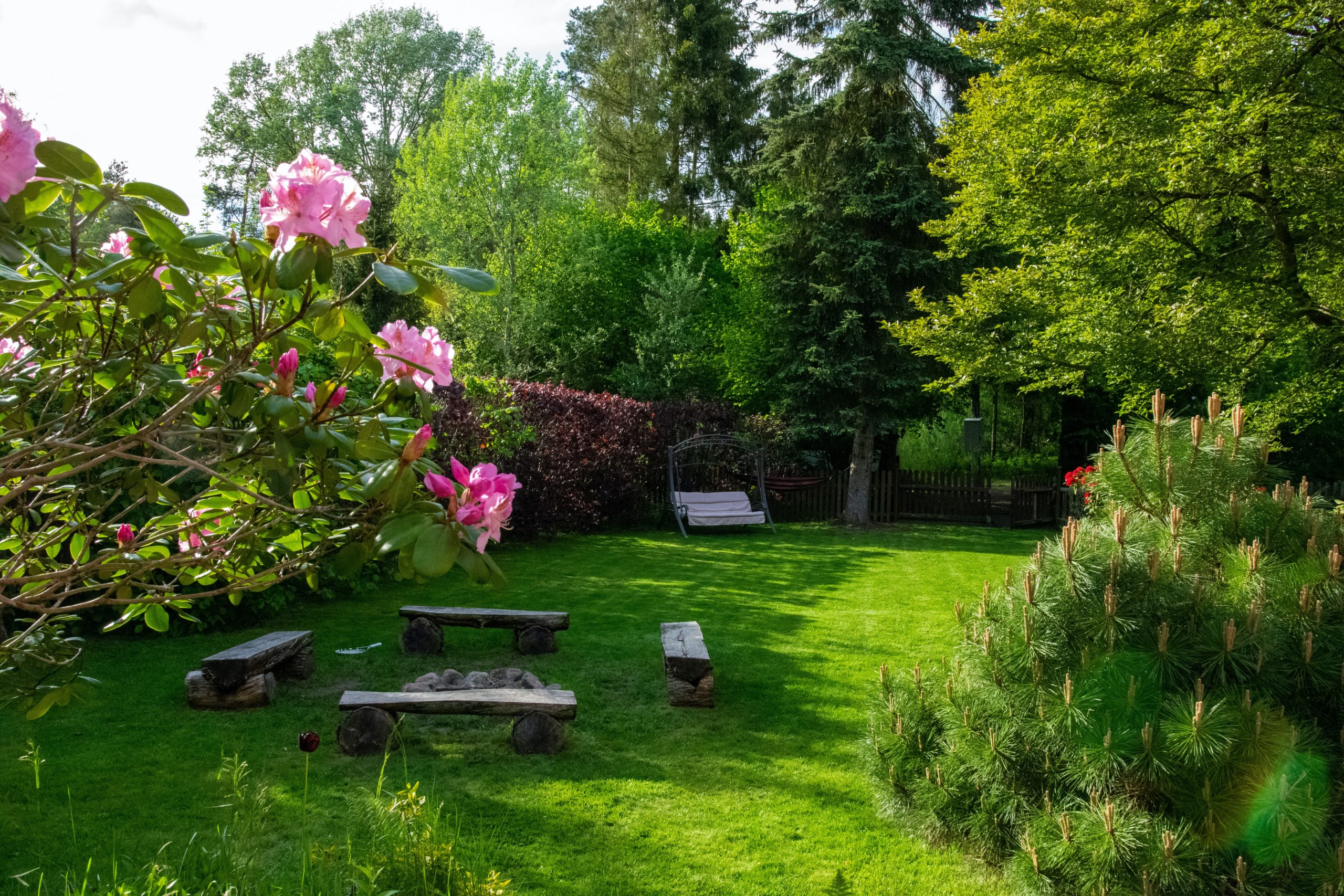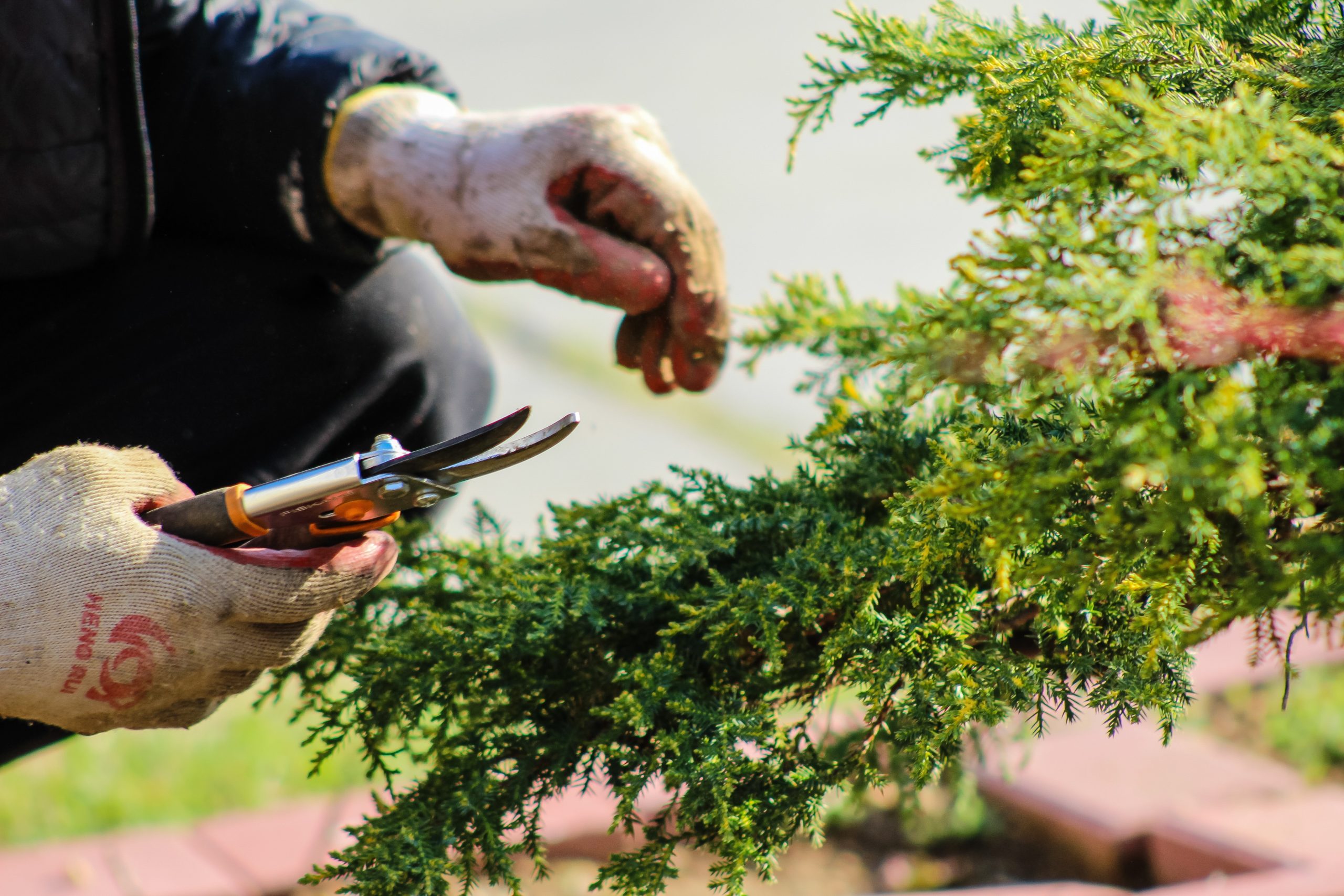If you have been a homeowner for long, you know maintaining a lawn is hard work. In fact, it’s one of the constant tasks, alongside dishes and laundry. But when you spend a day doing yard work, are you really taking your lawn’s specific and unique needs into consideration?
In Nashville and across Mid Tennessee, many homes deal with rocky, compacted soils. A lot of homeowners don’t know the proper height to cut their grass or how much water to give their lawn in a week. Do you? Let’s find out!
Proper Hydration for Nashville Lawns
Watering a lawn takes more than just turning on a garden hose and aiming. First, you need to water during safe times of the day, such as in the morning before 10 for Summer. Any later risks the water evaporating faster than the soil can absorb it. And how much water should you give?
The average requirements for a Nashville lawn are 1–1.5” of water per week. Rain does count, though you’ll want a way to measure for yourself or to check your local meteorologists’ measurement to make sure you got at least an inch.
Too much water can harm your soil and cause diseases in plants, while too little means they have trouble getting all the nutrients they need. Overwatering can also endanger the ecosystem beneath your lawn.
Letting Nashville Soil Breathe
Another essential lawn task here in Mid-Tennessee is aeration. Aeration creates channels in your soil that allow oxygen and other nutrients to get deep down to your roots; it also helps with the compact, rocky soil across the state. You can either use core aeration or spike. With core aeration, you remove entire plugs of soil. This is great for really compacted yards, but it’s more difficult and labor-intensive. The easier option for DIY is spike aeration, where you use a tool to poke long, thin holes into your yard.
Know how to Mow for Nashville Grass
Did you know that mowing is way more technical than just revving up an engine and going for a stroll or a ride? There’s a reason we have so many options for mowers! You need to ensure you have the right mower for your lawn.
The most important piece of information you need is how tall you need to keep your grass. Cutting your lawn too short can make it sick or more vulnerable to damage. The ideal height for your grass depends on what grass you have. Common grasses in Nashville include Bermuda grasses, both common and hybrid; Kentucky bluegrass; Perennial ryegrass; Tall fescue; and Zoysia grass. While some of their preferred lengths overlap, they all have different requirements.
During the summer, keep your grass slightly longer than the rest of the year. If you can, leave your clippings, too. They provide fertilizer and help your lawn retain moisture.
A healthy garden requires proper mowing. If you don’t know what type of grass you have or need other help with your lawn, it’s time to call in the experts.
Who Should You Call for Help with Your Lawn?
Luckily for Nashville homeowners, Mid Tennessee is home to expert lawn care services. These teams are full of folks who understand Tennessee’s many grasses and their unique needs.
Turf service isn’t just about properly cutting your lawn, either. These experts can help you seed, aerate, treat against pests, and more! Many homeowners rely on these services for year-round maintenance, while some DIY gardeners call them in to start their lawns off with healthy foundational roots before they handle the rest.
There’s no shame in not having the time of physical prowess to care for your lawns alone. Yard work isn’t for everyone, and that’s why lawn care services are available! You can save yourself time, hassle, and expense by letting a qualified team keep your lawn healthy.
Other Threats to Your Nashville Lawn
Did you know that pest control is part of lawn care? Many bests in Mid Tennessee can affect the health of your lawn, including aphids and bagworms. Turf care services can help with mosquito control, but you may have other little nuisances to deal with. Here are a few ways you can protect your home:
- Introduce beneficial insects and spiders
- Plant natural repellant plants like mint or catnip
- Treat your home (not the yard) with a Chrystanthemum-based pesticide
- Protect both human and furry family members with products like repellants or citronella patches
If you use any form of pesticide, you want to do your research. Many pesticides harm benevolent insects, including pollinators. That’s why many experts recommend treating the inside of your home and keeping pesticides away from your soil unless there is an invasive infestation.
Before introducing beneficial bugs, it’s also important to check with your HOA, city ordinances, and any other governing authority. You want to ensure the bugs you bring are allowed and not considered invasive.
The easiest solutions are to treat individuals and introduce non-invasive, native plants. You can use products like citronella candles, patches, and torches; sonic repellants, so long as you don’t have any rodents nearby; certain essential oil mixes; and many other remedies to protect yourself while not disrupting the eco-system.
Always remember: when in doubt about your lawn, call in a turf service; for shrubs and trees, talk to your local Arborist; for rules, regulations, and up-to-date invasive information, listen to the Department of Agriculture and the University of Tennessee.
With the above information and resources, you can transform your lawn into a thriving, lush ecosystem that your family can enjoy for generations to come.


